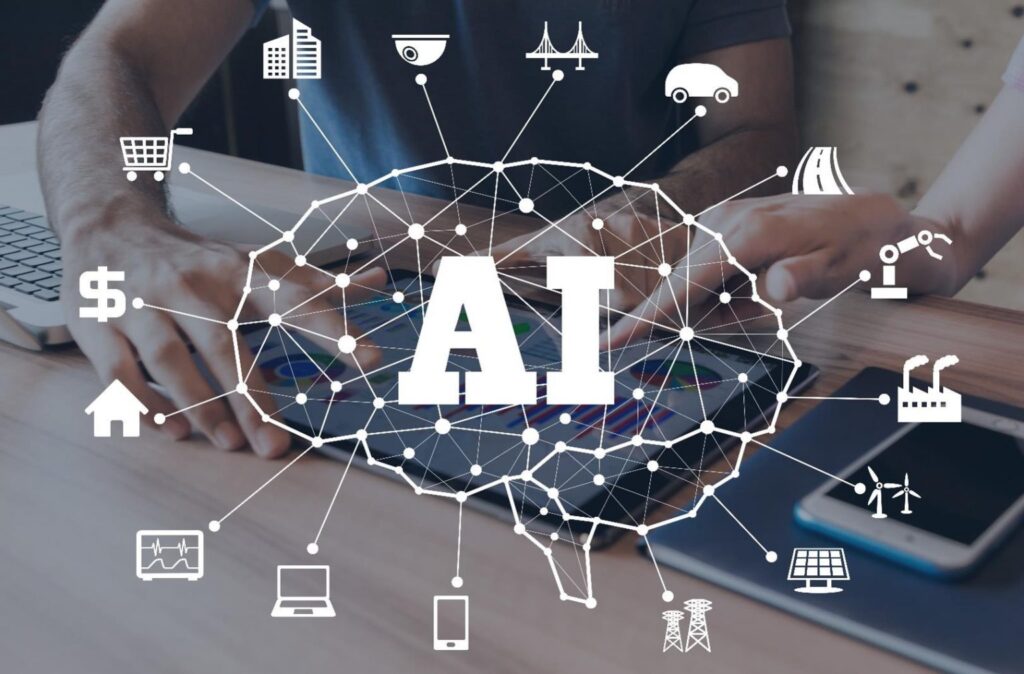- By quade
- 6 October 2023
The Risks of AI on Low-Skilled BPO IT Jobs
The BPO, BPM, and IT sectors in India are a vital part of the country’s economy, employing 50,000,000 people, and are one of the largest white-collar industries. Despite their significance, many of these jobs are now at risk as AI improves.
For approximately a year now, artificial intelligence (AI) has emerged as a new force in the business world, bringing the potential to revolutionize numerous sectors, ranging from the service sector to software development. With the ongoing advancements in machine learning, there is an increasing concern that numerous jobs may face the prospect of automation and displacement by AI.
Experts’ Claims of AI Adoption

In a statement made by Sridhar Vembu, CEO of Zoho, he claims that this new technology will pose problems for the tech service sector in India. He sent a letter to the national government along with Rajiv Kumar and Sharad Sharma, other tech entrepreneurs who highlighted the risks of AI and the potentially disastrous consequences of AI usage.
One major issue that India has is its young population. Young people are typically those who will go into BPO services and are the ones whose jobs are on the line.
“For a remarkably young country like India, with a median age of 29, it is clear that AI could put millions of jobs at risk almost overnight.”
– Sridhar Vembu, CEO of Zoho
In particular, the jobs deemed low-skilled services will be the most impacted, including many BPO services like call centers and data entry developers. Additionally, almost all entry-level jobs are at risk of being removed.
As many as seven members of this workforce face an immediate risk of replacement, according to Sekhar Garisa, CEO of Foundit, previously Monster.com. He spoke to Business Today to discuss some of the implications of AI adoption.
“It is anticipated that the immersion of AI might take a toll on low-skilled professionals within the service sector in the future. Some redundant roles will see a declining phase marking close to a 7 percent decrease in the workforce in the immediate to short term.”
-Sekhar Garisa, CEO of foundit
Others like Vardhman Jain, founder and Vice Chairman of Access Healthcare, a BPO service in Chennai believe that the customer services sector will be the most badly affected by AI adoption.
“Many of the services that the Indian BPO industry provides are in the realm of customer support (voice and chat), data entry, and back-office services. AI technologies such as Natural Language Processing, ML, and RPA can potentially disrupt and automate these tasks,”
– Vardhman Jain, Vice Chairman of Access Healthcare
However, not all experts are against AI adoption. Others have highlighted some of the advantages that AI adoption can bring, such as increasing efficiency and productivity which is good for the economy overall. Individual workers can now perform more tasks much faster if they use AI.
One of those supporters is Santhosh Nair, Director and COO of CIEL HR. He believes that this can reduce the manpower requirements of his company and allow the employees he does have to perform better. These benefits are not something companies can ignore and must consider when making decisions.
“While AI at its current state of development may not eliminate human workers entirely, it can reduce the number of employees required to perform the same tasks. For example, in the case of customer services, AI tools can handle a large volume of inquiries and provide assistance in multiple languages, thereby freeing up human workers to focus on more complex tasks. It is important for companies to keep track of AI trends and integrate it in the workforce as and when required.”
– Santhosh Nair, Director, and COO of CIEL HR
Steps to Control AI Adoption

Despite the pros and cons of AI adoption, many experts believe that complete AI integration remains far away for several reasons. The biggest factor in these issues is the cost of using AI. The technology is still new and energy-intensive, and many companies lack the means of fully integrating AI into their work.
That does not mean that employees can rest easy though as they must remain vigilant on the potential threat AI poses. One of the solutions proposed is upskilling and becoming more productive without AI.
“The gaps in the skills of our workforce have been highlighted, there is a need for upskilling and reskilling. As per our data, in the next five years, 40 percent of the service sector employees will need reskilling and 60 percent of the same will need to upskill to be market ready.”
-Sekhar Garisa, CEO of foundit
On a national level, experts urge the government and businesses to step up and provide proper regulation to prevent the worst effects of AI adoption.
The Future of Life Institute requested AI labs globally to halt training next-level AI systems like GPT 4 for at least six months. That pause will allow governing bodies and businesses to create rules for AI.
Experts are not just calling for changes in AI in the workplace but also the educational system. Steps must be taken to prevent the risk of cheating in education because AI can be used to write essays and answer homework for students.



